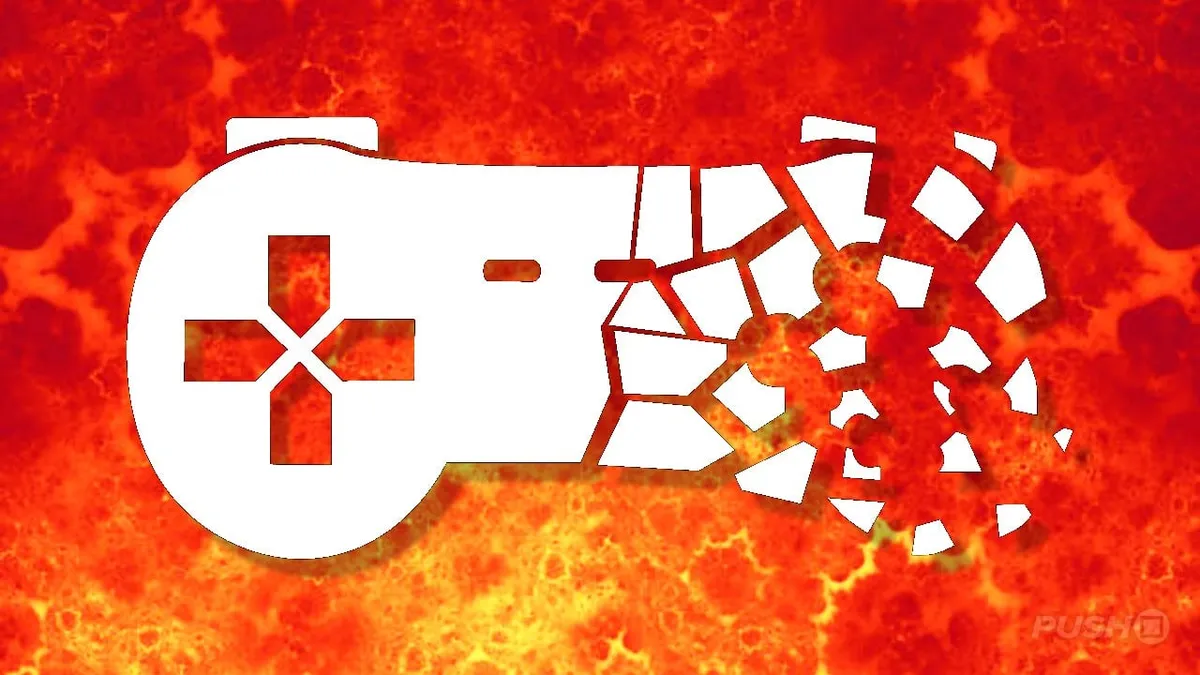
In recent years, there have been several alarming instances where publishers have rendered full-price games obsolete, raising significant concerns among gamers and industry stakeholders alike. One of the most notable examples is The Crew, an online multiplayer game that faced server shutdowns in 2023. This shutdown has effectively rendered physical copies of the game, including those on Blu-ray, worthless, as players can no longer access the game they purchased. This situation highlights a troubling trend in the gaming industry that has sparked widespread outrage.
In response to this growing issue, the campaign Stop Killing Games has been actively appealing to local governments to take action against this practice. The movement has been gaining momentum, particularly as it approaches its deadline of July 31st. As of now, an impressive 822,211 individuals have signed a petition urging the European Union to consider new legislation that would protect gamers from losing access to their purchased games due to server shutdowns.
In the UK, government officials have already addressed this pressing issue in parliament. They concluded that there are currently “no plans to amend UK consumer law on disabling video games.” The government emphasized that those selling games must adhere to existing consumer law requirements, while also committing to monitor the situation closely. Despite this, the call for British lawmakers to revisit the topic continues to gain traction, suggesting that the government may soon be compelled to reassess its stance on this critical matter.
Adding further influence to the Stop Killing Games campaign, renowned YouTuber PewDiePie recently voiced his support for the petition. His endorsement has injected fresh enthusiasm into the movement, as he aligns it with his discussions on software ownership and the rights of gamers. In a recent video, PewDiePie stated, “In the comments, I’ve seen some of you mention ‘Stop Killing Games’ and I want to say: I 100% support this movement. It ties in perfectly with what I talked about in my video – ownership over software and the games we buy.”
The ongoing discussions and the growing public support for the Stop Killing Games campaign indicate a potential shift in how video games are treated under consumer law. As more gamers unite to advocate for their rights, it is crucial for lawmakers to consider new regulations that protect consumers and ensure that purchased games remain playable, regardless of server availability. The upcoming months could prove pivotal in the fight for fair treatment in the gaming industry.